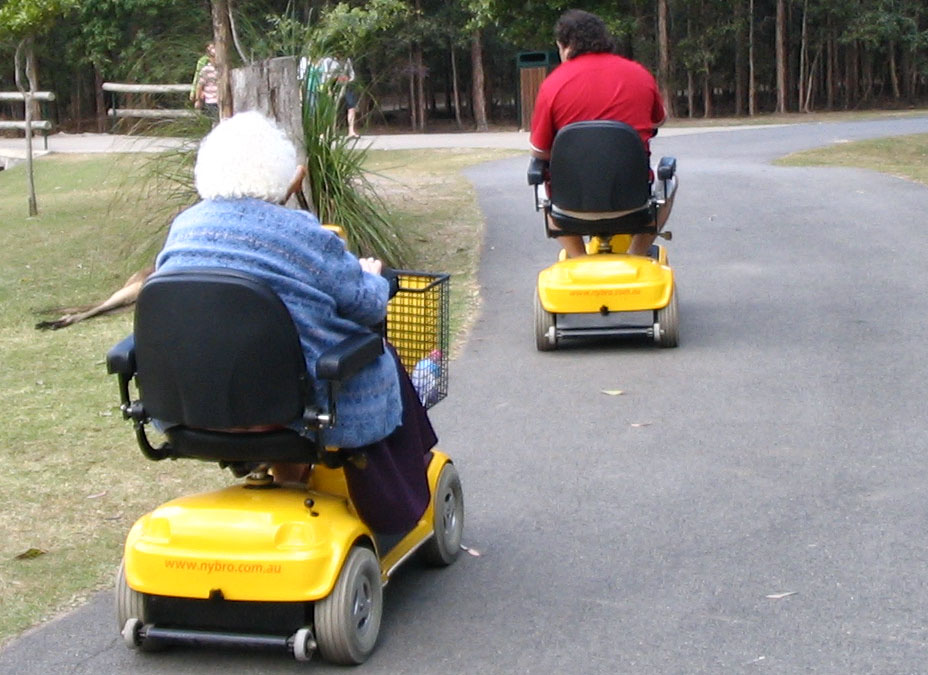 Published on Sep 16, 2013
Published on Sep 16, 2013
Malcolm Gladwell has been a staff writer with
The New Yorker magazine since 1996. His 1999 profile of
Ron Popeil won a
National Magazine Award, and in 2005 he was named one of
Time Magazine's 100 Most Influential People.
Malcolm T. Gladwell, CM (born September 3, 1963) is a Canadian journalist, bestselling author, and speaker. He is currently based in New York City and has been a staff writer for
The New Yorker since 1996. He has written four books,
The Tipping Point: How Little Things Make a Big Difference (2000), Blink: The Power of Thinking Without Thinking (2005), Outliers: The Story of Success (2008), and What the Dog Saw: And Other Adventures (2009), a collection of his journalism. All four books were
New York Times Bestsellers.
Gladwell's books and articles often deal with the unexpected implications of research in the social sciences and make frequent and extended use of academic work, particularly in the areas of sociology, psychology, and social psychology.
Gladwell was appointed to the
Order of Canada on June 30, 2011.
Gladwell was born in Fareham, Hampshire, England to Joyce, Jamaican-born psychotherapist, and Graham Gladwell, a British mathematics professor.
Gladwell has said that his mother is his role model as a writer. When he was six his family moved to Elmira, Ontario, Canada.
Gladwell’s father noted that Malcolm was an unusually single-minded and ambitious boy.
Standard YouTube License @ ZeitgeistMinds
















 Just after my stroke, I was made aware of one side neglect. This came about when wheeling myself from therapy back to my room and I pinned my arm between the wheelchair and the wall.
Just after my stroke, I was made aware of one side neglect. This came about when wheeling myself from therapy back to my room and I pinned my arm between the wheelchair and the wall.

 September 25, 2013
September 25, 2013






 Sunday, September 15, 2013
Sunday, September 15, 2013



